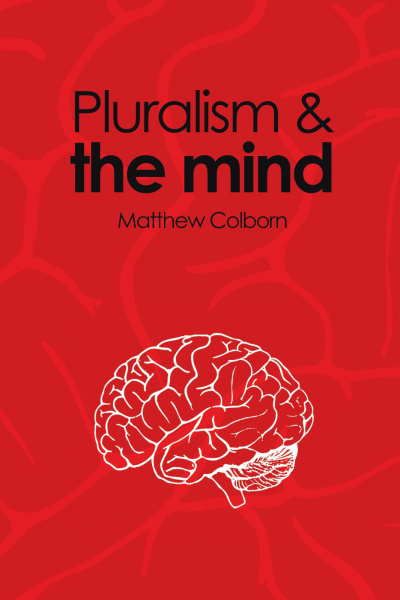Given that consciousness is poorly understood and vaguely defined, Paul Feyerabend's advice to "keep our options open" seems sound, but is frequently ignored in favour of an insistence that a scientific theory of consciousness must be reducible to current monist physics and biology. This book argues that such an insistence is historically unsupportable, theoretically incoherent and unnecessary. The author instead makes the case for emergent property pluralism. New concepts of emergent mental properties are needed because of the failure of mainstream approaches satisfactorily to address issues like subjective volition, autonomy and creativity. Personal consciousness is active and classifiable as a subset of the wider problem of biological causation. The book is split into three sections. Part one builds an historical case for pluralism. Part two deconstructs insistent monism and mainstream models before addressing biological causation. Part three explores the consequences of such an alternative approach by examining specific phenomena like free will, the self and evolutionary emergence.


